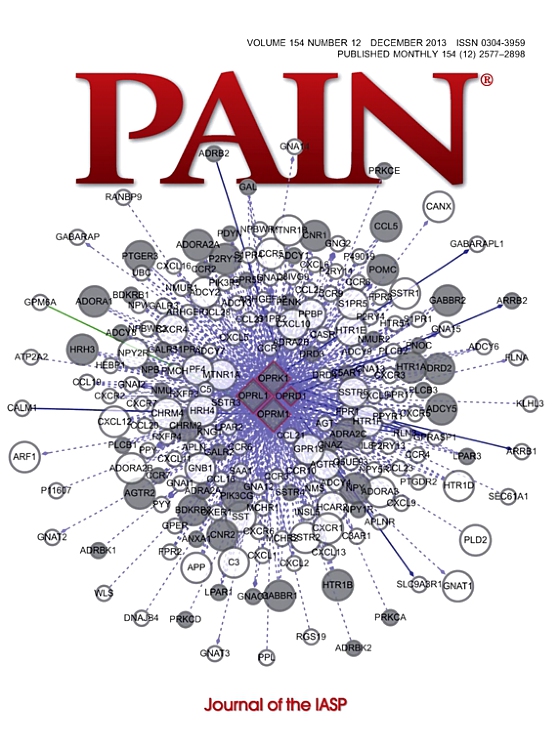子宫内膜异位症疼痛过程:子宫内膜异位症心理疼痛管理程序的随机对照试验。
IF 5.5
1区 医学
Q1 ANESTHESIOLOGY
引用次数: 0
摘要
尽管子宫内膜异位症相关的慢性疼痛与残疾、抑郁和焦虑升高有关,但有限的研究对其进行了心理治疗。远程治疗有可能克服面对面心理治疗的障碍,然而,没有研究对子宫内膜异位症患者进行这种形式的检查。目前的研究考察了网络传递的心理疼痛管理程序对患有子宫内膜异位症相关疼痛的女性的有效性和可接受性。在这项双臂试验中,193名患有子宫内膜异位症相关盆腔疼痛的参与者被随机分配到8周的治疗组或候补组。这种治疗是一种基于认知行为治疗原则的互联网疼痛管理程序的改编版本。与对照组相比,治疗组在疼痛相关残疾(d = 0.35; 24%)、抑郁(d = 0.40; 17%)和焦虑(d = 0.26; 17%)的主要结局方面的改善(组间Cohen’s d;平均百分比变化)显著高于治疗前和治疗后。在3个月的随访中持续改善。组间平均疼痛强度的次要结局无统计学差异(d = 0.28; 17%, P = 0.054)。观察到较高的课程完成率和治疗满意度。每位参与者的平均临床时间为70分钟(SD = 68)。目前的研究结果表明,以疼痛为中心的心理治疗方法在支持子宫内膜异位症相关疼痛方面的潜力,以及互联网传递形式在增加获得护理方面的潜力。未来的研究需要检查长期结果,并调查与最佳治疗反应相关的因素。本文章由计算机程序翻译,如有差异,请以英文原文为准。
The endometriosis pain course: a randomized controlled trial of an internet-delivered psychological pain management program for endometriosis.
Limited research has examined psychological treatments for endometriosis-related chronic pain, despite its association with elevated disability, depression, and anxiety. Remotely delivered treatments have the potential to overcome barriers to access face-to-face psychological care, however, no studies have examined this format in endometriosis patients. The current study examined the efficacy and acceptability of an internet-delivered, psychological, pain management program for women with endometriosis-related pain. In this two-arm trial, 193 participants experiencing endometriosis-related pelvic pain were randomly assigned to the 8-week treatment or a waitlist control. The treatment was an adapted version of an established internet-delivered pain management program based on cognitive-behavior therapy principles. Relative to control, the treatment group reported significantly greater improvements (between groups Cohen's d; average percentage change) in the primary outcomes of pain-related disability (d = 0.35; 24%), depression (d = 0.40; 17%), and anxiety (d = 0.26; 17%) from pre- to post-treatment. Improvements were sustained at 3-month follow-up. No between-group difference was observed on the secondary outcome of average pain intensity (d = 0.28; 17%, P = 0.054). High lesson completion and treatment satisfaction rates were observed. Mean clinician time per participant was 70 minutes (SD = 68). The current findings indicate the potential of a pain-focused psychological approach in supporting endometriosis-related pain, and the potential of the internet-delivered format in increasing access to care. Future research is needed to examine long-term outcomes and investigate factors associated with optimal treatment response.
求助全文
通过发布文献求助,成功后即可免费获取论文全文。
去求助
来源期刊

PAIN®
医学-临床神经学
CiteScore
12.50
自引率
8.10%
发文量
242
审稿时长
9 months
期刊介绍:
PAIN® is the official publication of the International Association for the Study of Pain and publishes original research on the nature,mechanisms and treatment of pain.PAIN® provides a forum for the dissemination of research in the basic and clinical sciences of multidisciplinary interest.
 求助内容:
求助内容: 应助结果提醒方式:
应助结果提醒方式:


